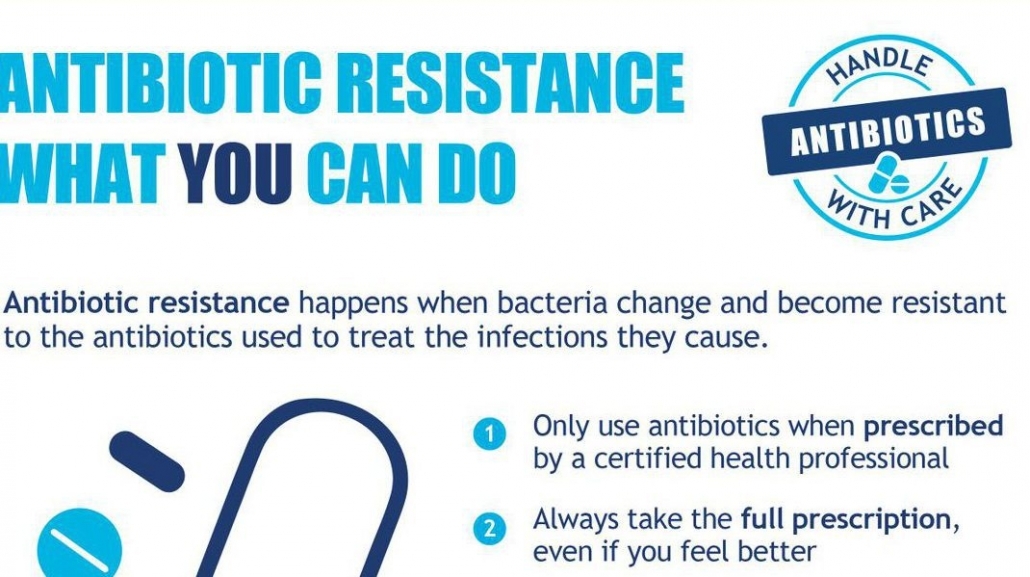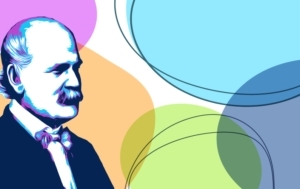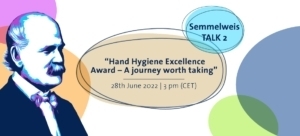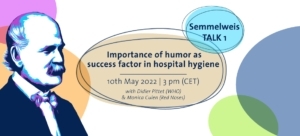Health care workers (HCW) play a vital role in preventing the spread of AMR (antimicrobial resistance). In the course of this years’ Antibiotic Awareness Week (Nov. 14-20), WHO Europe has interviewed HCW from across the European Region about their experiences with antibiotic resistance and how they are working to stop it. The Semmelweis Foundation is presenting a feed-back-summary of HCW in CEE-countries…
Let us begin by taking a look at Armenia, a country with difficult framework conditions, but quite engaged doctors, such as Dr. Hrachuhi Ghazaryan, working in Yerevan State Medical University.
Over the past decade, she has seen a marked increase in cases of antimicrobial resistance (AMR) among her patients, though the lack of robust data collection on AMR in Armenia makes it difficult to specify how much the problem has grown. According to Ghazaryan, most cases of antibiotic resistance appear in E. coli, methicillin-resistant staphylococcus aureus (MRSA), Shigella and Salmonella infections. The challenge of antibiotic resistance in Armenia stems in large part from the fact that pharmacies don’t require a prescription for antibiotics, meaning that patients often start taking them before they even see a physician. “With every infection, I say, we should wait, we should see,” says Ghazaryan. “It is not easy to wait, it is easy to prescribe. But in the end, if you do that, you are not a good doctor.” It can be difficult to take a “wait and see” approach when patients are pushing for antibiotics, but Ghazaryan says this is one of the keys to stop the spread of AMR.
But there are also positive things to tell: The paediatric hospital where Ghazaryan works instituted a clean hands programme in 2011, with support from WHO. Now, she says, every doctor, nurse and other health worker keeps a hand sanitizer in their pocket, and it is available in all corridors. “Everyone knows they should clean their hands, everyone knows the correct way,” says Ghazaryan. “I think this is a very important step.”
What are the challenges 2000 km away from Armenia – Macedonia? Dr. Katarina Stavric, also paediatrician (University Children’s Hospital in Skopje) says, she has seen a rise in antibiotic-resistant bacteria since she started her career in medicine. She thinks, that the reason for this is the fact that people are using broad spectrum antibiotics improperly. Especially in the paediatrics it is very hard to tell the parents, that antibiotics are not a magic drug. But, when she explains how to protect the child from infection, including by following the recommended immunization schedule, healthy hygiene habits and so forth, the reaction of the people is good: „Most of my patients accept my advice and they trust me.“
Antibiotics are precious. We must handle them with care – this topic is also subject of the Second Semmelweis CEE Conference on March 7th and 8th, 2017 in Budapest.




